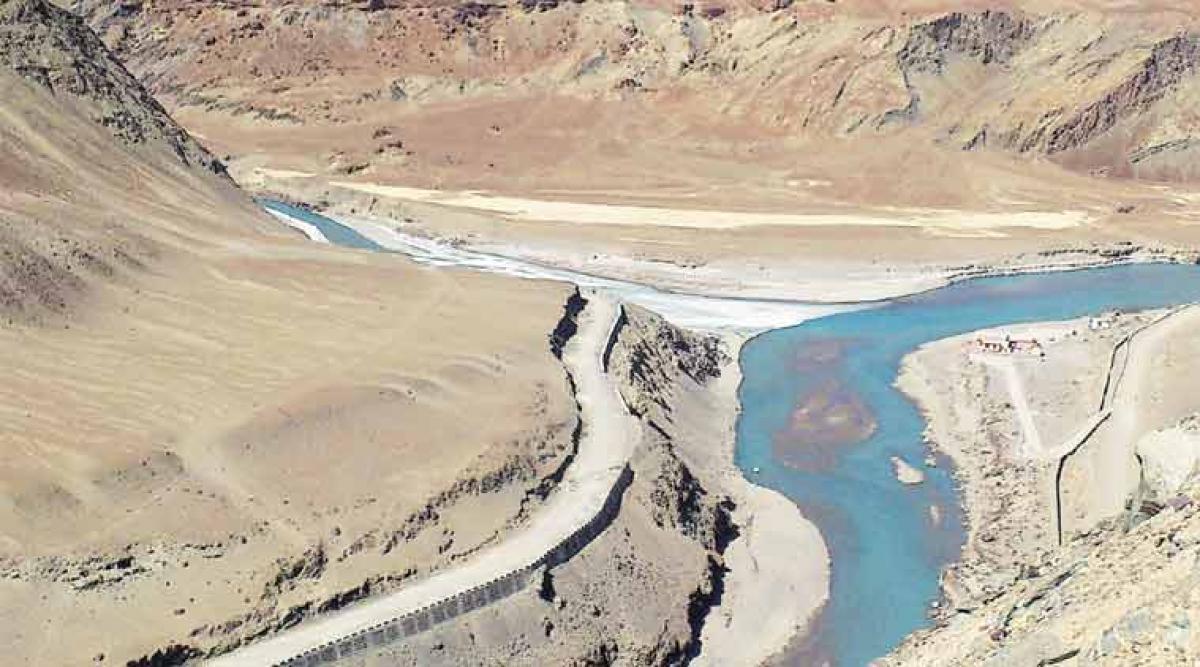Live
- An Evening of Ethnic Elegance: Taruni’s Exclusive Fashion Showcase
- Style Banarasi with these 5 modern twist this wedding season
- Akansha flaunts seductive look
- Ajith requests fans to drop ‘Kadavuley’ tag, prefers simplicity
- ‘Pushpa 2’ BTS: Rashmika’s transformation as Srivalli
- Sreeleela inaugurates South India Shopping Mall at Ongole
- Nuveksha steals the spotlight
- Rana’s wife Miheeka take social media by storm
- Inter-state burglar arrested
- Traffic diversions for ‘Vision’ meet
Just In

A constructive engagement between Pakistan and India during a latest round of water talks held here has raised hopes for an amicable resolution of the dispute, according to a top international expert.
A constructive engagement between Pakistan and India during a latest round of water talks held here has raised hopes for an amicable resolution of the dispute, according to a top international expert.
The World Bank, which hosted the talks at its headquarters two weeks ago, also noticed this positive change and mentioned it in a press release on August 1, noting that the "meetings … were held in a spirit of goodwill and cooperation", Dawn news reported on Thursday.
Islamabad and New Delhi disagree over construction of the Kishenganga (330MW) and Ratle (850MW) hydroelectric power plants being built by India. Islamabad contends that the technical design features of the two plants contravene the Indus Waters Treaty.
The plants are on a tributary of the Jhelum and Chenab rivers, respectively.
The expert, who closely monitors the Pakistan-India water talks, told Dawn that this was the first time in many years that delegates "held a constructive discussion, instead of merely stating their official positions".
The expert said in previous talks "sometimes the two sides did not even exchange formal greetings".
They would "just read the statements they brought with them and leave, but this time it was different", he added.
The Indus Waters Treaty was signed in 1960 after nine years of negotiations between Pakistan and India with the help of the World Bank, which is a signatory.
Seen as one of the most successful international treaties, it has survived frequent tensions, including conflict, and has provided a framework for irrigation and hydropower development for more than half a century.
According to The World Bank, the two sides have agreed to meet again next month.

© 2024 Hyderabad Media House Limited/The Hans India. All rights reserved. Powered by hocalwire.com







